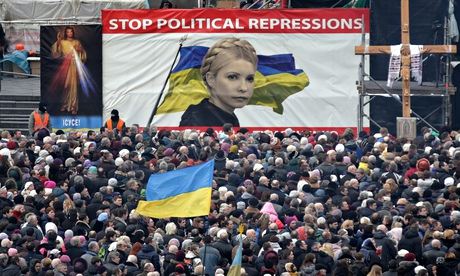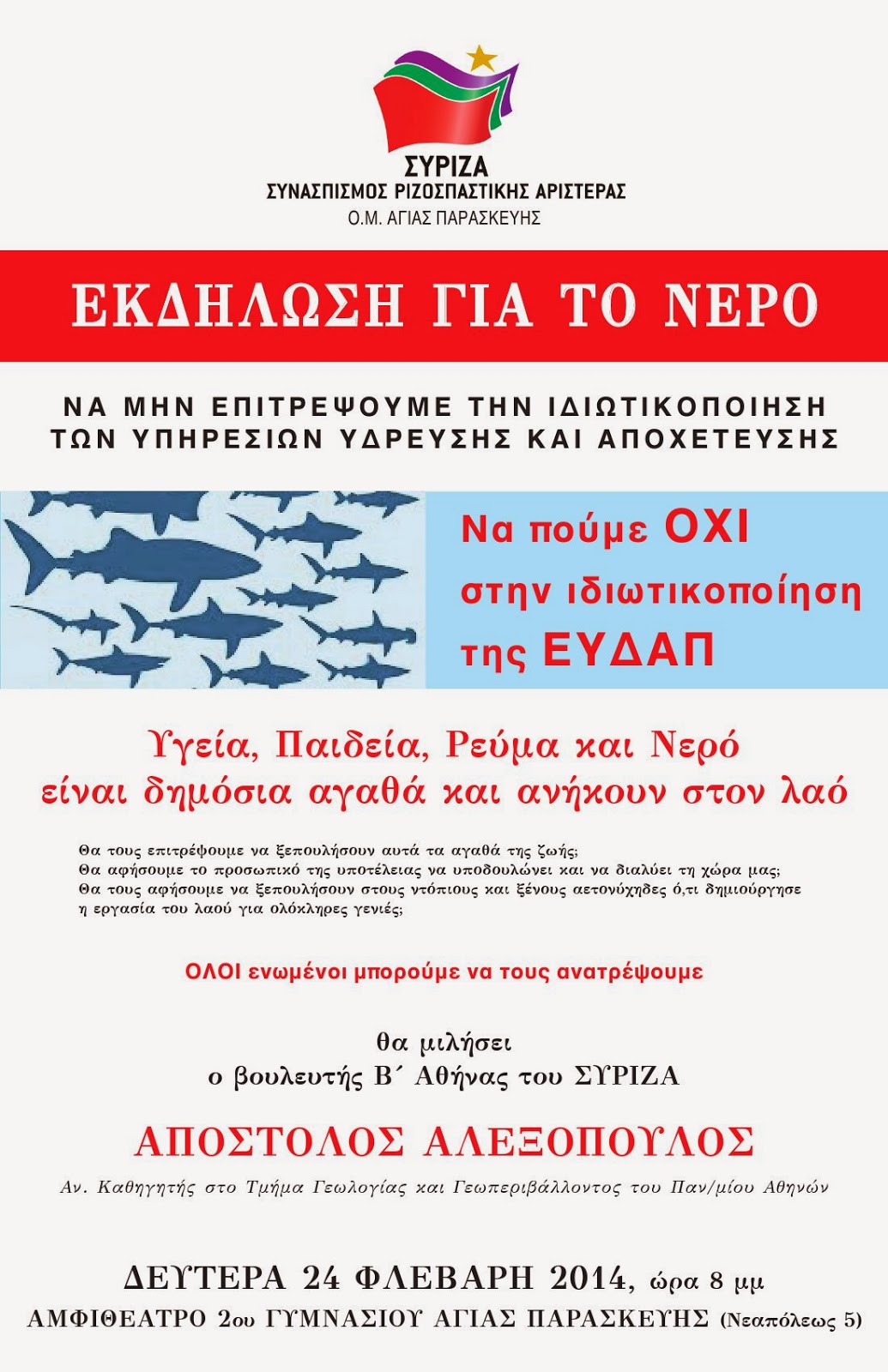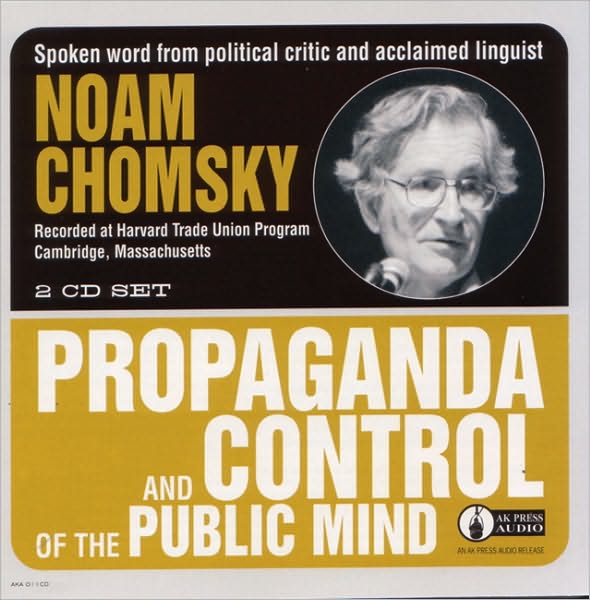Western governments are scrambling to contain the fallout from
Ukraine's weekend revolution, pledging money, support and possible EU membership, while anxiously eyeing the response of
Russia's president,
Vladimir Putin, whose protege has been ousted.
Seemingly the biggest loser in the three-month drama's denouement, the Kremlin
has the potential to create the most mischief because of Ukraine's pro-Russian affinities in the east and south, and its dependence on Russian energy supplies.
Acting president Oleksander Turchinov said on Sunday night that Ukraine's new leaders wanted relations with Russia on a "new, equal and good-neighbourly footing that recognises and takes into account Ukraine's European choice".
But the tension between the Kremlin and the interim government was underlined when Russia recalled its ambassador to Ukraine on Sunday for "consultations" and to "analyse the situation from all sides", the foreign ministry said.
European Union foreign policy chief Catherine Ashton will travel to Ukraine on Monday, where she is expected to discuss measures to shore up the ailing economy.
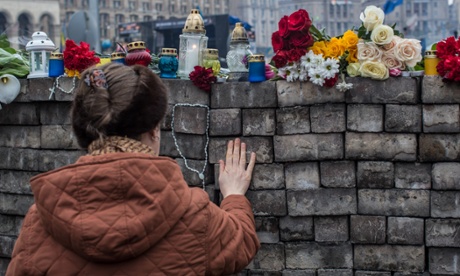 A woman pays her respects at a memorial to killed anti-government protesters in Kiev. Photograph: Brendan Hoffman/Getty Images
A woman pays her respects at a memorial to killed anti-government protesters in Kiev. Photograph: Brendan Hoffman/Getty Images
With the whereabouts of the former president
Viktor Yanukovych still uncertain, the Ukrainian parliament legitimised his downfall,
giving interim presidential powers to an ally of Yulia Tymoshenko, the former PM who was released from jail on Saturday. Oleksandr Turchinov said the parliament should work to elect a government of national unity by Tuesday, before preparations begin for elections planned for 25 May.
Yanukovych appeared on television from an undisclosed location on Saturday night, claiming he was still president and comparing the protesters to Nazis, but he continued to haemorrhage support on Sunday; even the leader of his parliamentary faction said he had betrayed Ukraine, and given "criminal orders".
Western leaders, while welcoming the unexpected turn of events in Kiev, are worried about the country fracturing along pro-Russian and pro-western lines. They are certain to push for a new government that is as inclusive as possible to replace the collapsed and discredited administration of Yanukovych,
who vanished within hours of signing an EU-mediated settlement with opposition leaders on Friday.
"France, together with its European partners, calls for the preservation of the country's unity and integrity and for people to refrain from violence," said Laurent Fabius, the French foreign minister.
British chancellor George Osborne said early on Monday that the UK was standing ready to help the country through schemes set up by the IMF and European Union.
"It's very, very early days, early hours, but the people of Ukraine seem to have demonstrated their wish to take their country into the future, to have stronger links with
Europe, and I don't think we should be repelling that, we should be embracing that," he said speaking to journalists in Singapore.
"We should be there ready to provide financial assistance through organisations like the IMF, and of course a lot of this will take the form of loans and the like, but there will be good investments in the economy of Ukraine".
Putin, preoccupied with the closing ceremony of the Sochi Olympics, has not yet commented publicly on the violence of the past week and Yanukovych's flight from the capital. Angela Merkel phoned him on Sunday to press for assurances on Russia's reaction. Susan Rice, the national security adviser to Barack Obama, warned that Moscow would be making a "grave mistake" if it sent military aid to Ukraine.
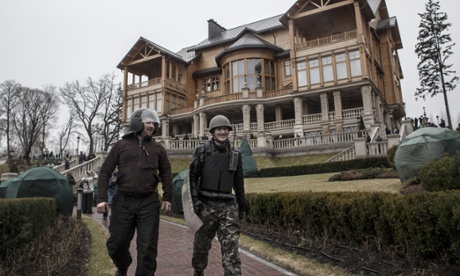 Protesters roam the garden in front of the mansion of former Ukrainian president Viktor Yanukovych's home in Mezhygirya, near Kiev. Photograph: Etienne De Malglaive/Getty Images
Protesters roam the garden in front of the mansion of former Ukrainian president Viktor Yanukovych's home in Mezhygirya, near Kiev. Photograph: Etienne De Malglaive/Getty Images
"There are many dangers," said William Hague, the foreign secretary. "We don't know, of course, what Russia's next reaction will be. Any external duress on Ukraine, any more than we've seen in recent weeks … it really would not be in the interests of Russia to do any such thing."
Whether such nightmares are realised will hinge largely on the Kremlin's position and policies. Sergei Lavrov, the foreign minister, has called the protesters on Independence Square "pogromists", but it appears that Moscow is grudgingly coming to terms with the new reality. In a phone call with the US secretary of state, John Kerry, on Sunday, Lavrov accused the opposition of seizing power and failing to abide by the peace deal thrashed out on Friday.
Analysts say Yanukovych, disgraced as he is, no longer holds any use for the Kremlin, but how the Russians will react on the ground is still an open question. This also partly depends on the new Ukraine government. One of the first issues the parliament tackled this weekend was that of the language, annulling a bill that provided for Russian to be used as a second official language in regions with large Russian-speaking populations. If the new government also looks to end the lease of a Black Sea naval base by the Russian military, the response from Moscow could be more aggressive.
"It will definitely depend on how the new government behaves," said Vladimir Zharikin, a Moscow-based analyst. "If they continue with these revolutionary excesses then certainly, that could push other parts of the country towards separatist feelings. Let's hope that doesn't happen."
In Kiev, the barricades around Independence Square remained in place, though the lines of riot police have long dissipated. Thousands of people came to the barricades to pay respects to the 77 people who died last week in the bloody clashes that eventually led to Yanukovych fleeing.
As the third of three official days of mourning ended, priests continued to sing laments from the stage in the square. Between the soot-black pavements and the slate-grey sky, there were splashes of bright colour as thousands brought bunches of flowers to lay at makeshift memorials to the dead.
Tymoshenko, who has her eyes on the presidency, met the US and EU ambassadors in Kiev. She was released from prison on Saturday and went straight to Independence Square, where she promised to fight for a free Ukraine. There was ambivalence about the former PM among the protesters, with many feeling that she represents the divisive and corrupt politics of the past.
There was no clear central authority in Kiev on Sunday, with the city patrolled by a self-proclaimed "defence force", comprising groups of men wearing helmets and carrying baseball bats. Nevertheless, the mood was orderly and peaceful, and the protest representatives have been meeting with the police and security services in an attempt to restore a feeling of normality to the capital.
With the country about to turn a new page in its history, for the first time since the crisis erupted in November senior EU officials spoke of the possibility of Ukraine joining the union which, if serious, would represent a major policy shift.
"We are at a historical juncture and Europe needs to live up to its historical moment and be able to provide Ukraine with an accession perspective in the medium to long term – if it can meet the conditions of accession," said the economics commissioner, Olli Rehn, at a G20 meeting in Australia.
Until now, Brussels's policy towards Ukraine and other post-Soviet states, known as the eastern partnership, has been expressly intended as a substitute for rather than a step towards EU membership. It was the EU deal – Yanukovych's rejection of political and trade pacts with the bloc in favour of cheap loans and energy from Russia – that sparked the conflict and crisis in November.
With the likelihood of Russia's $15bn (£9bn) lifeline dissolving, the EU is under pressure to come up with funding to shore up the country's economy, on the brink of bankruptcy. "We are ready to engage in substantial financial assistance for Ukraine once a political solution, based on democratic principles, is finalised and once there is a new government which is genuinely and seriously engaged in institutional and economic reforms," said Rehn.
The EU said Baroness Ashton would travel to Ukraine on Monday. "In Kiev she is expected to meet key stakeholders and discuss the support of the European Union for a lasting solution to the political crisis and measures to stabilise the economic situation," an EU statement said.
The upshot is expected to be an IMF programme, supported by the US and the EU, although EU officials partly blame the IMF for the November fiasco by attaching strict terms to loans and prodding Yanukovych towards Moscow.
"We will be ready to engage, ready to help," said Christine Lagarde, the IMF chief who is also being tipped as a contender for a top job at the EU this year. The fund is likely to insist on major reforms and steps in an attempt to prevent the plunder of the country by Ukraine's oligarchs.


